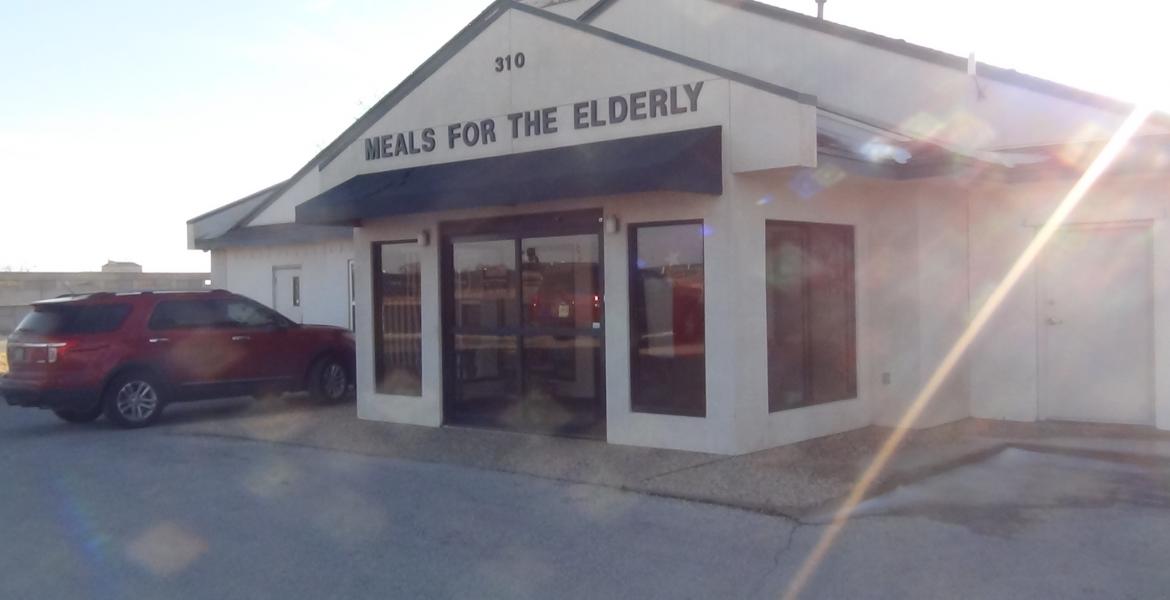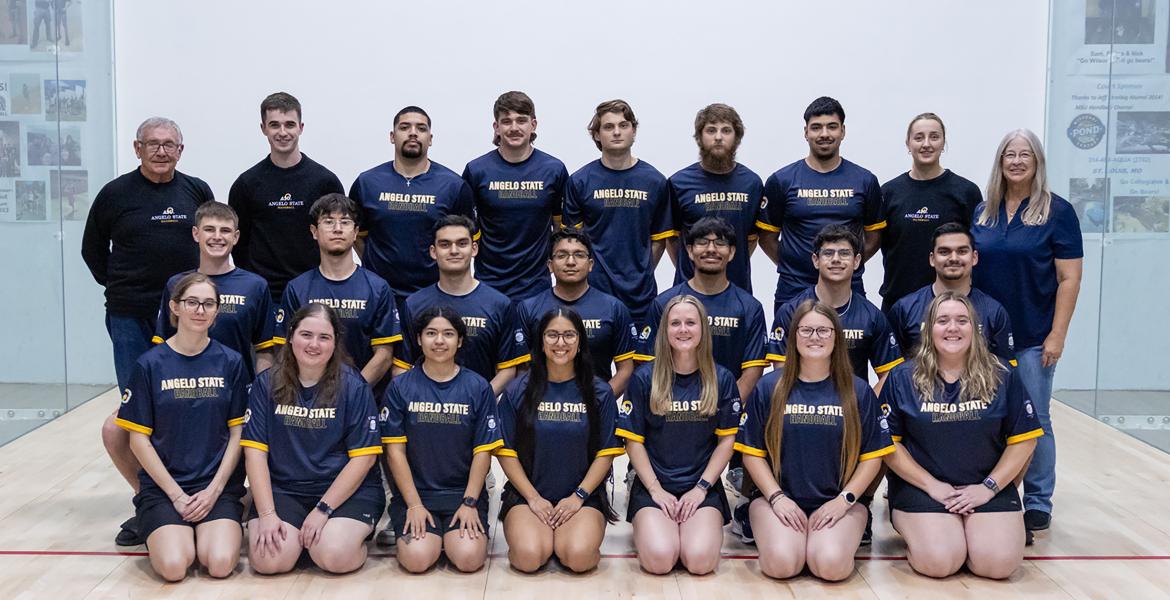Donkeys are worthless. Unlike a horse, they cannot be readily ridden for transportation. The mule is better for pulling farm implements or hauling a wagon. Add to these deficiencies that today everything is mechanized. You don’t need a horse or a mule or harvest a field of cotton, let alone the donkey. And, unless you’re poor, desperate and hungry, donkey meat isn’t considered to be that tasty. As a result, a donkey has no value at a typical auction in a livestock sale barn.
Being a value-less creature has no benefits. Tens of thousands of donkeys are feral, running wild throughout the American Southwest, from California to Texas. The U.S. Government Bureau of Land Management will round up herds of donkeys and try to give them away. As water--and grass that needs water--becomes more scarce, cattle ranchers consider donkeys to be a nuisance, or worse, predatory, because they consume water and food that otherwise is reserved for the cash herd.
Donkeys were introduced to the American southwest during the mining booms of the latter part of the 19th century. Miners would use them to transport tools and supplies into the mines, and to pull ore out. Since the gold and silver rushes ended the donkey has seen its career prospects vanish. Many donkeys were set loose into the wild and their ancestors became feral.
If donkeys are worthless and a nuisance to ranching commerce, what can one do about them? That's the problem that San Angelo's Donkey Rescue is solving.
Mark Meyers, a California native, founded Peaceful Valley Donkey Rescue in 2000 and relocated the Rescue from California to Miles, Texas in 2012. The non-profit purchased an old dairy farm just off U.S. 67, at 8317 Duckworth Rd., on the way from San Angelo to Ballinger. In his book "Riding for the Brand," Meyers wrote about the 'Texas opportunity', citing the over 700 donkey rescues in Texas as compared to just seven in California in 2011. Aside from that, he wrote, state and local government regulations, the cost of hay and insurance, and his California donkey-hating neighbors contributed to his decision to flee the west coast.
Today, from that former dairy farm in Miles, Meyers directs an organization of 15 donkey adoption centers serving 27 states.
Compared to horses or mules, donkeys are smarter and have better senses of hearing, smell, and vision, said donkey wrangler David “Doc Darlin” Duncan, who also serves as the Rescue’s public relations contact. Duncan relates a donkey to a great pet, like a dog, except it’s bigger and eats more grass or hay. “They have a larger brain. They’re smarter than a horse,” he said.
Touring the facility on a cold Sunday morning two weeks ago, Duncan said the Texas location is now home to 970 donkeys.
For the west Texas rancher, a donkey is an excellent addition to a sheep or goatherd. The donkey will watch over the herd and defend it against common predators like foxes or coyotes. But Duncan said that many adopting families of donkeys like to have them around as pets.
If you have the land--a few acres for a donkey to roam--donkeys make excellent companions.
If you don’t have the room to adopt, you can always support the Donkey rescue financially.
Learn more about San Angelo’s Donkey Rescue at donkeyrescue.org.
Subscribe to the LIVE! Daily
Required






Comments
Listed By: Joe Weaver
- Log in or register to post comments
PermalinkListed By: Doc Darlin
- Log in or register to post comments
PermalinkListed By: Doc Darlin
- Log in or register to post comments
PermalinkPost a comment to this article here: